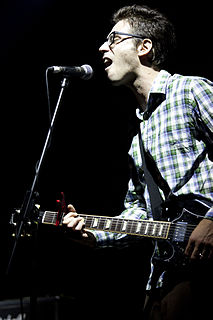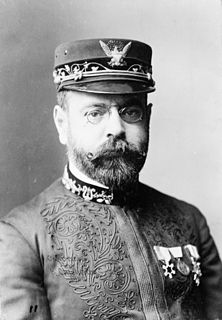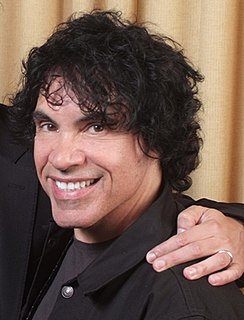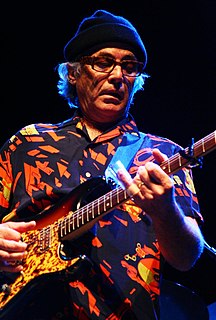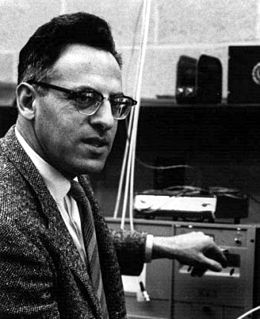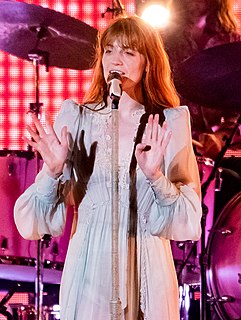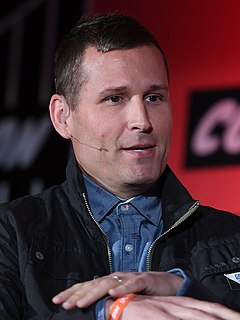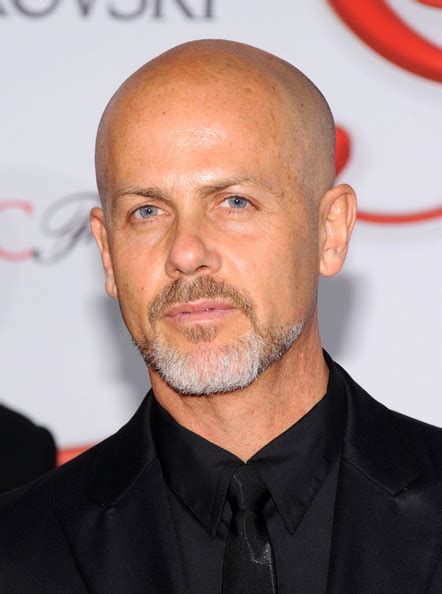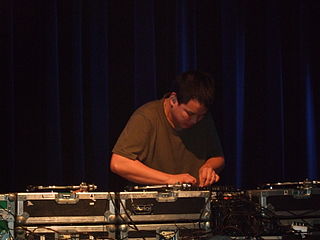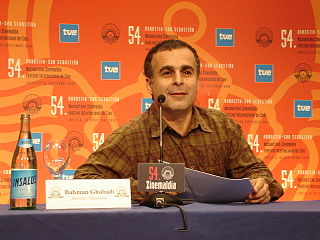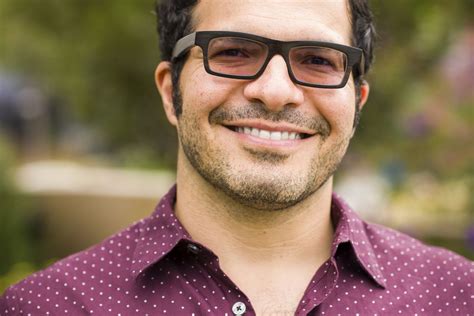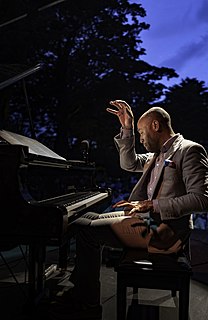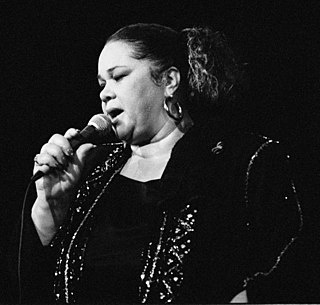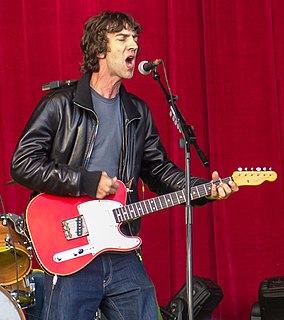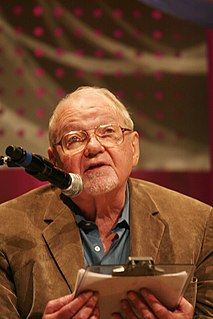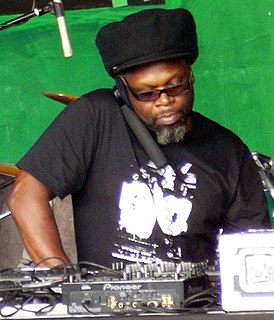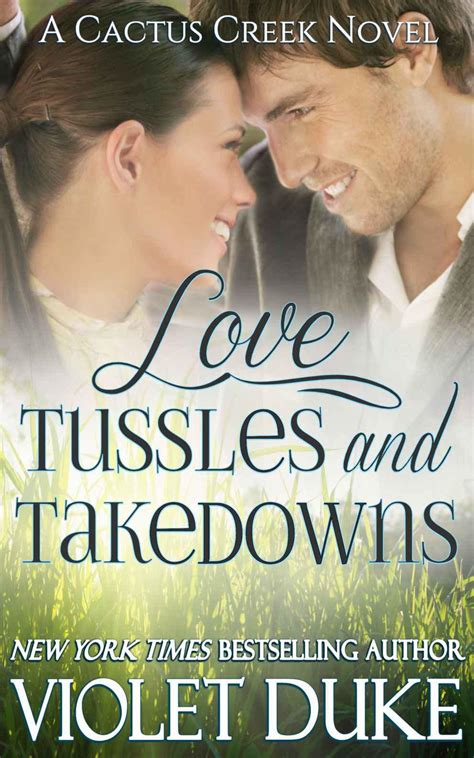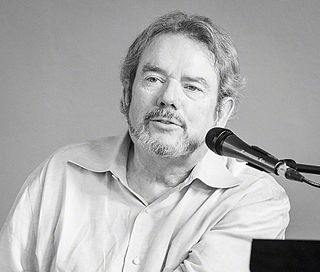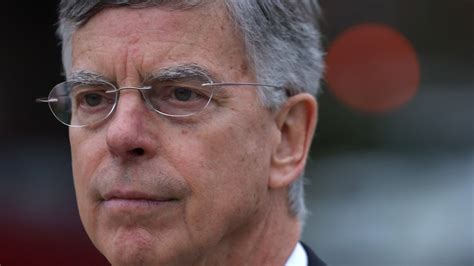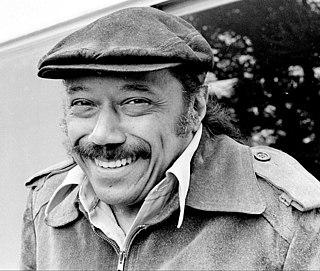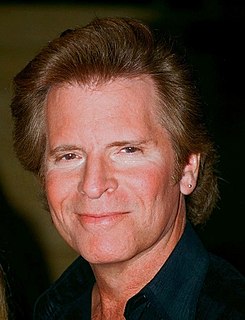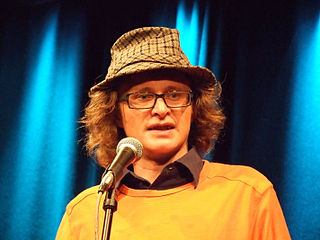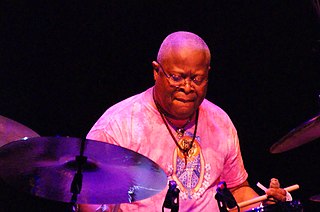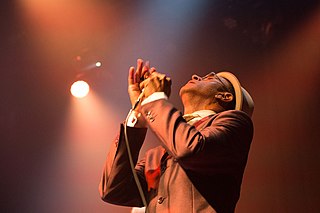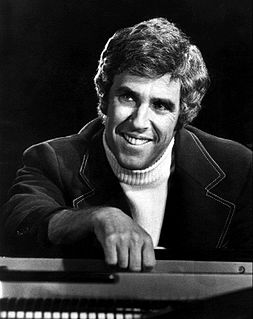Top 1200 American Music Quotes & Sayings - Page 2
Explore popular American Music quotes.
Last updated on December 18, 2024.
Music is so clearly a commodity now. At one point, maybe 20 years ago, there were still some rumblings about keeping the really sacred American popular music out of the hands of corporate advertisers. And those walls have come down, but now I think the logical reaction to that is that you just start making your own music.
I've been in America for almost ten years. I've had many parts of the American experience. I've been all over this country and seen many different parts of it. It's just that I'm not an American. I've never become an American. I'm talking about the whole thing-psychologically, citizenship, the whole trip. Of course I've definitely been influenced by America-I'm definitely influenced by the music and the culture.
It's an honor for me to close out Mysteryland. In American music history this is hallowed ground. I think electronic music has a lot in common with the spirit of rock and roll and what Woodstock had going on at the time. We are kind of the new kids on the block and this music isn't accepted by everyone so we are still kind of getting into pop culture and I think its appropriate that this festival is here and kicking down the door.
The joy is actually in the music. It's the music that supports you and tells you what to do. It tells you how to fill the music. You don't have to be shy about feeling the music when you're singing. If you believe in music-the power of music-the music will support you and take you to another dimension.
Spaceman 3 was one of my favorite bands growing up, and Jason Spaceman is someone I got along well with. I always felt his music was like narcotic gospel - there's something very moody and ethereal about it. Sun City Girls is the same, but different. To me, they're like the premier American avant music act. They're like the Marx brothers of music. I don't mean they're funny like that, but they turn everything on its head.
You certainly don't hear any country music on pop radio today. But for a while you did, and it was a lovely thing to have all the different genres of music cohabitating the Top 40 - the folk sound, The Beatles, the British sound, the Motown sounds, that kind of light country - it was a welcome relief after a few hard rock records. Everyone was sharing the airwaves, and I think it was a beautiful time for American music.
Basically my influences have been American influences. It's been blues, gospel, swing era music, bebop music, Broadway show music, classical music. It's like making a stew. You put all these various ingredients in it. You season it with this. You put that in it. You put the other in it. You mix it all up and it comes out something neat, something that you created.
When we look at the arts and letters in America, especially if we look at poetry, and poetry set to music, this dialogue, we have this very powerful beautiful, eclectic, diary, or narration of being in America, being American, participating in America, becoming more of America and also as an American, the American creative spirit, which is quite interesting. Our composers and poets have spent more time writing and thinking and speaking out of what it means to be a composer or poet as well as to be an American, or a composer or poet In America; both relationships.
Truth of the matter is, jazz is American music. And that doesn't mean bebop. Jazz is really about improvising. All the music that's been created in America has been pretty much improvised... Whether it's hillbilly or rock n' roll for blues, it's basically jazz music... It's basically about another way of hearing what comes out of America.
I read a lot - surveys of vernacular music. A lot of it is the Harry Smith Anthology of American Folk Music, which I've loved since I was in high school. They had it at the library and I always thought that was interesting, even when I was into punk and stuff. Just the history of storytelling and the amount of melancholy a lot of old music has.

